‘Bad trip.’ The phrase no one wants to hear in psychedelic circles. The threat of a bad trip is one of the main things that scares people off from experimenting with a tool that can both open their minds and provide a hell of a ride . However, it’s understandable. Bad trips tend to be talked about less than ‘good trips’, swept under the rug, as if by mentioning their name they shall appear, summoned like a ghost. But could they actually be a friendly ghost, bringing us messages from the psychedelic realm…?
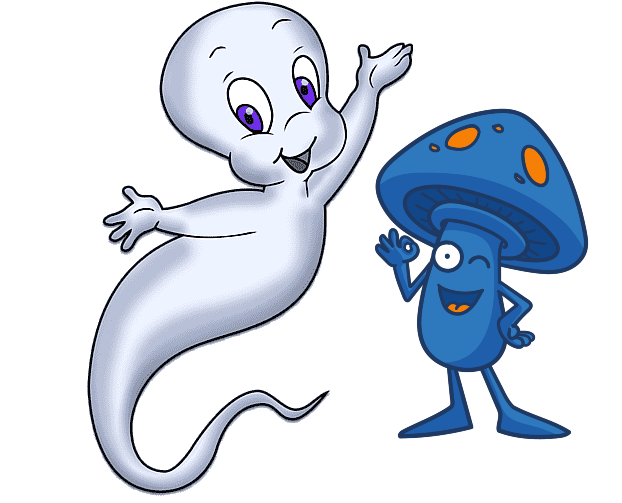
For those who frequently engage with psychedelics, such as magic mushrooms, the prospect of encountering a challenging trip is a reality that can’t be ignored. The more you venture into these realms, the greater the likelihood of navigating such experiences. While they remain relatively infrequent, the risk is ever-present. However, it’s essential to recognize that these experiences can often be traced back to personal unresolved issues, influenced by external factors such as the legal status and societal perception of psychedelics. In today’s modern context, where psychedelic usage exists on the fringes of mainstream culture, the path to integration is less straightforward than in bygone eras, where the use of these medicines was a part of the society itself. Addressing these underlying factors is vital for those who wish to engage with these substances mindfully and safely.
What Do You Experience on a Bad Trip?
A bad trip can manifest in many different ways. Before we go on to see how a ‘bad trip’ can actually be a good thing, we should explore the realities of what we might actually experience during a bad trip. Although, ultimately it’s ‘all in your head’, it’s important to know what you could be facing. Firstly, there’s always a level fear or anxiety involved. People may sense a threat to their physical or mental well-being, or perhaps a social threat — such as being rejected by other people. People might start thinking about death or dying. Or they might worry that they’re going crazy. They may be paranoid about other people talking about them, or laughing at them. There are many variations of the perceived threat you can experience. As your perception of time can be altered, the sense that you may be “stuck like this” or “stuck in a loop” is a common feeling during bad trips, although with the right preparation (having a trip sitter!), one of the most easily avoided pitfalls. However, it is good to remember that really bad trips are not so common. And, as we will see, if you do go through one — although difficult in the moment — going forward it can be a highly transformative, and positive experience.
Can Bad Trips Be Good?
The funny thing is, however, as psychedelics like magic mushrooms become more widely talked about, the dialogue about ‘bad trips’ is growing too. And from this sharing of information, a more complicated and nuanced picture is growing. It seems a bad trip… can be good?
In fact, there’s a whole host of anecdotes, stories and even scientific studies appearing that report that there are many benefits which can be reaped from a not-totally-pleasant trip.
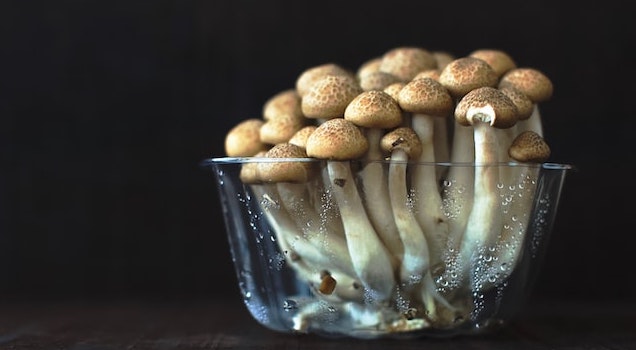
‘It Can Be Frightening’
In some ways it makes sense right? Facing challenges is character building and can reveal strengths you didn’t know you had. Of course, in the moment it can be hard to see the potential positives. In the words of one reddit user :
“…prepare for the experience and treat going into it like Harry Potter entering the maze at the end of the 4th movie. People may be cheering you on but once the maze closes, you’re on your own, it’s foreign, it can be frightening. Hope for the best, prepare for the worst. You may need to fight off some demons, you may need to stretch yourself beyond what you think you’re capable of.” — u/sawyertibbs
As in the HP metaphor this redditor uses, a bad trip can be seen as a journey, an adventure with some scary bits thrown in. The key thing is to remember it is only temporary. As the old adage goes, ‘this too shall pass.’
How to Prepare for a Potential Bad Trip
Proper trip preparation involves regularly confronting your fears and insecurities, nurturing mindfulness, and aligning your life with your core values. Exploring your hidden facets, practicing honesty in your relationships, and honoring self-commitments all come to the fore during a trip, making consistent self-work a pivotal strategy for minimizing the risk of a challenging experience.
Many who take high psilocybin doses with the aim of ego-death arm themselves with almost talisman-like items. This is because the higher your dose the higher the potential for a more challenging experience. These talismans can include notes to themselves written when they are sober to their tripping selves, saying things like ‘you are tripping’ and ‘this will pass.’
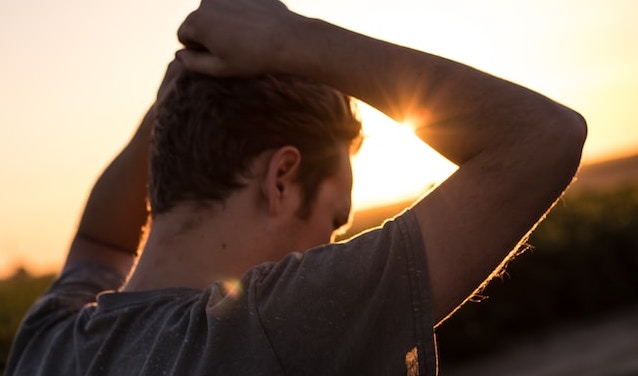
Different things work for different people. Some speak their fears aloud, some go for a walk, some focus on their breathing, some wrap themselves in blankets. The thing that many experienced trippers say is that you can’t really fight it. If you surrender to the experience you will get through it. Another wise redditor, u/Substantial-Bag5457 shares;
“Once the trip goes into a [bad] direction you don’t want to change it, but ride it and accept it. Fighting it will make it worse. If you see yourself heading down a waterfall it’s ok, there may be cotton candy on the other side.”
The Science of Bad Trips
Once the bad trip ends and you come down (remember it’s only a couple of hours at most) is — according to scientists — when your experience can actually blossom into a good thing.
In a paper called ‘Making “bad trips” good: How users of psychedelics narratively transform challenging trips into valuable experiences’, published in the International Journal of Drug Policy, researchers showed the results of their ‘bad trip’ deep-dive.
The study focused on 50 Norwegian psychedelics users, and took the form of a series of in depth interviews. The researchers found that almost all of the volunteers had had ‘frightening’ experiences while on psychedelics that they would describe as a ‘bad trip’. Mostly this was due to too high doses of psychedelics, from psilocybin to LSD or DMT. However, the majority of the participants argued that these experiences had in fact been beneficial and gifted them life-changing insights. Interestingly, some rejected the concept of a ‘bad trip’ altogether.
The Stories We Tell
The researchers analyzed their results alongside the concept of ‘narrative theory’, i.e. the stories we tell to, and about, ourselves. Many of the volunteers had made sense of a negative experience by integrating it into a narrative of growth and overcoming adversity. For example, one of the volunteers, Hannah in her early 30s said;
“No, I don’t look at it as a bad trip, because it’s like (…) the bad trips are what gives you the most insights. It’s this [bad] trip that shows you some sides of yourself that you perhaps have tried to diminish, that probably are the most important ones to understand. [These are insights] about who you really are, who you have been, what you’ve done, right. You have to see your flaws to be able to work through stuff.”
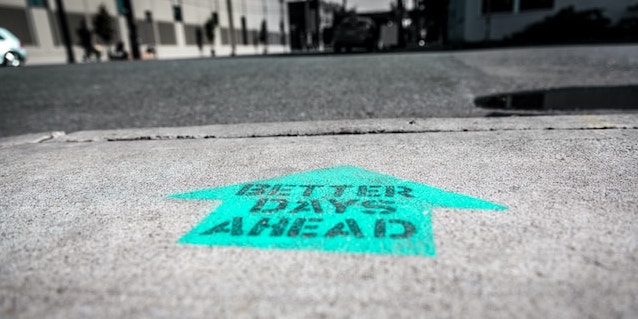
‘A Symbolic Place of Pleasure, Risk, Danger’
The researchers identified that these self-reported experiences reflected age-old story-telling structures.
“Leaving the safety of home in order to undertake a journey into the woods is the starting point for innumerable fables; the dark forest is a symbolic place of pleasure, risk, danger and subverted social rules” (Turner & Measham 2019)
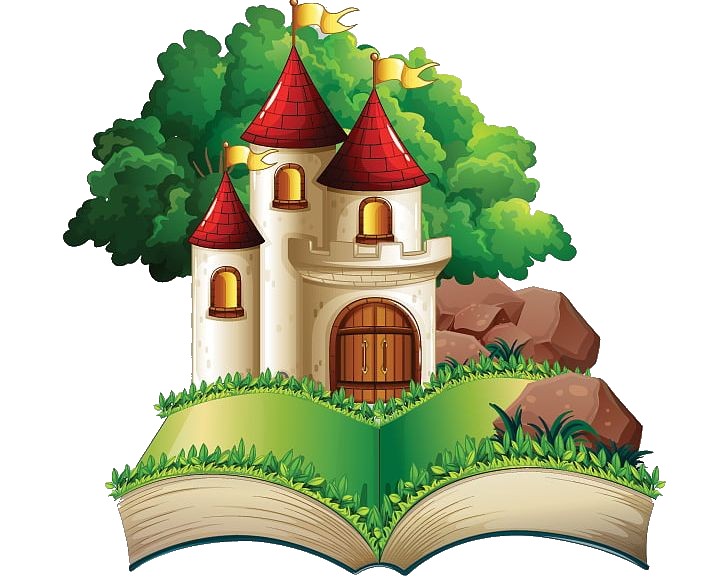
⬆️ This was the quote the researchers chose to represent this sort of narrative-making.
And, it makes sense when you consider the way we think about trips themselves. They’re called ‘trips’, afterall. They are an epic, sometimes life-changing, journey we can make even if we are sitting still. Like a fairytale they can transport us, teach us things, and help us understand ourselves and the world a little more.
Facing Your Demons
Sometimes facing your demons, although tough, can revitalize you. It can awaken new purpose and understanding — bringing submerged things out into the open.
Here are some of the things you may meet and have to contend with during a bad trip:
- Negative habits and addiction;
- Your deepest fears and anxieties;
- Past traumas;
- Mistakes you made in your past;
- Feelings of low self-esteem and negative self-image;
- The ‘big themes’ such as the meaning of life, death, or freedom.
Dealing With A Bad Trip
Dealing with these issues when they crop up is not easy. However, they are often crucial, and by confronting them, people often discover new perspectives and ways of being. The trip becomes a meaningful turning point and they can begin to move forward.
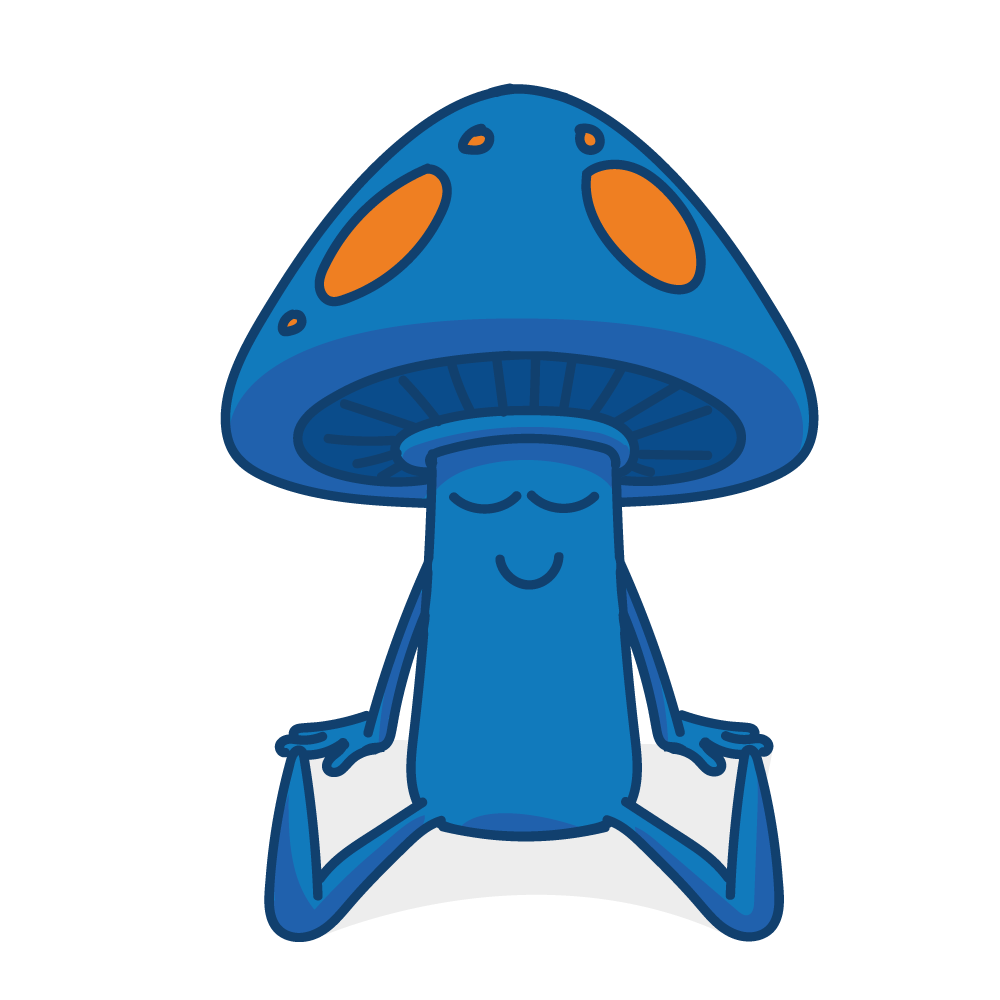
u/mrmustard12, summed it up on Reddit when they said;
“I realized I didn’t like what I was doing with my life and took a different direction.”
Simple as really — your own personal wake-up call from the universe.
We hope this guide has helped you understand bad trips and their potential for transformational experiences. Be safe, and happy tripping!





